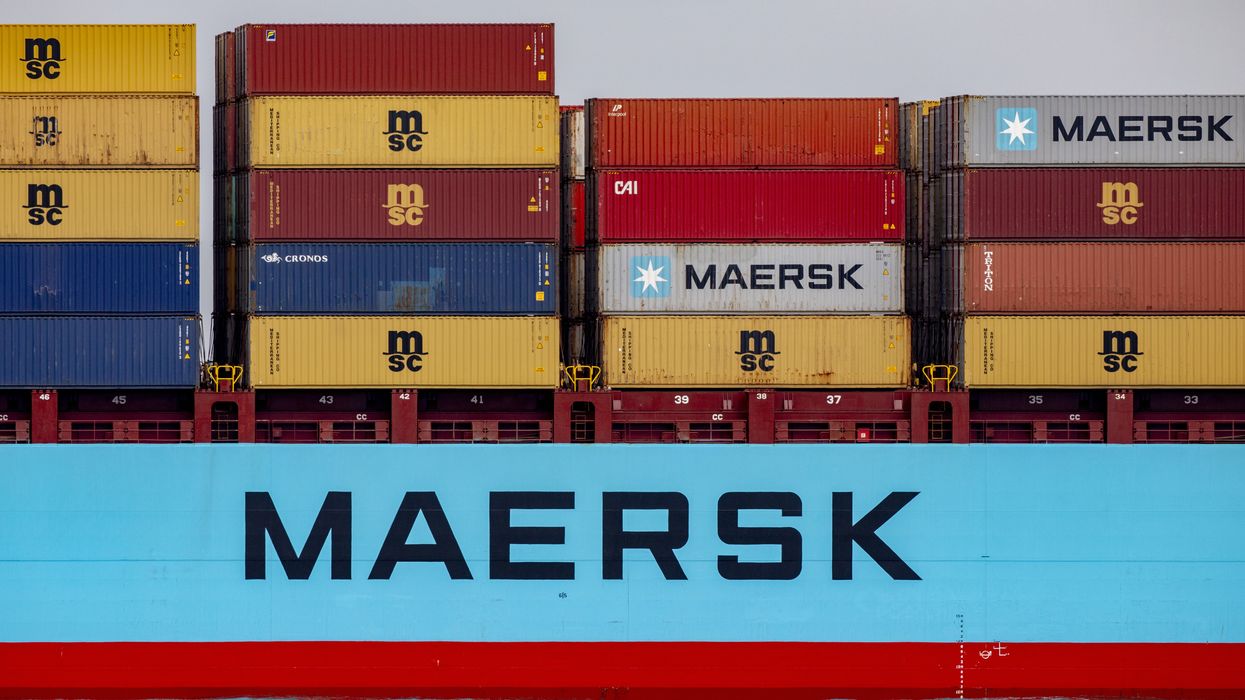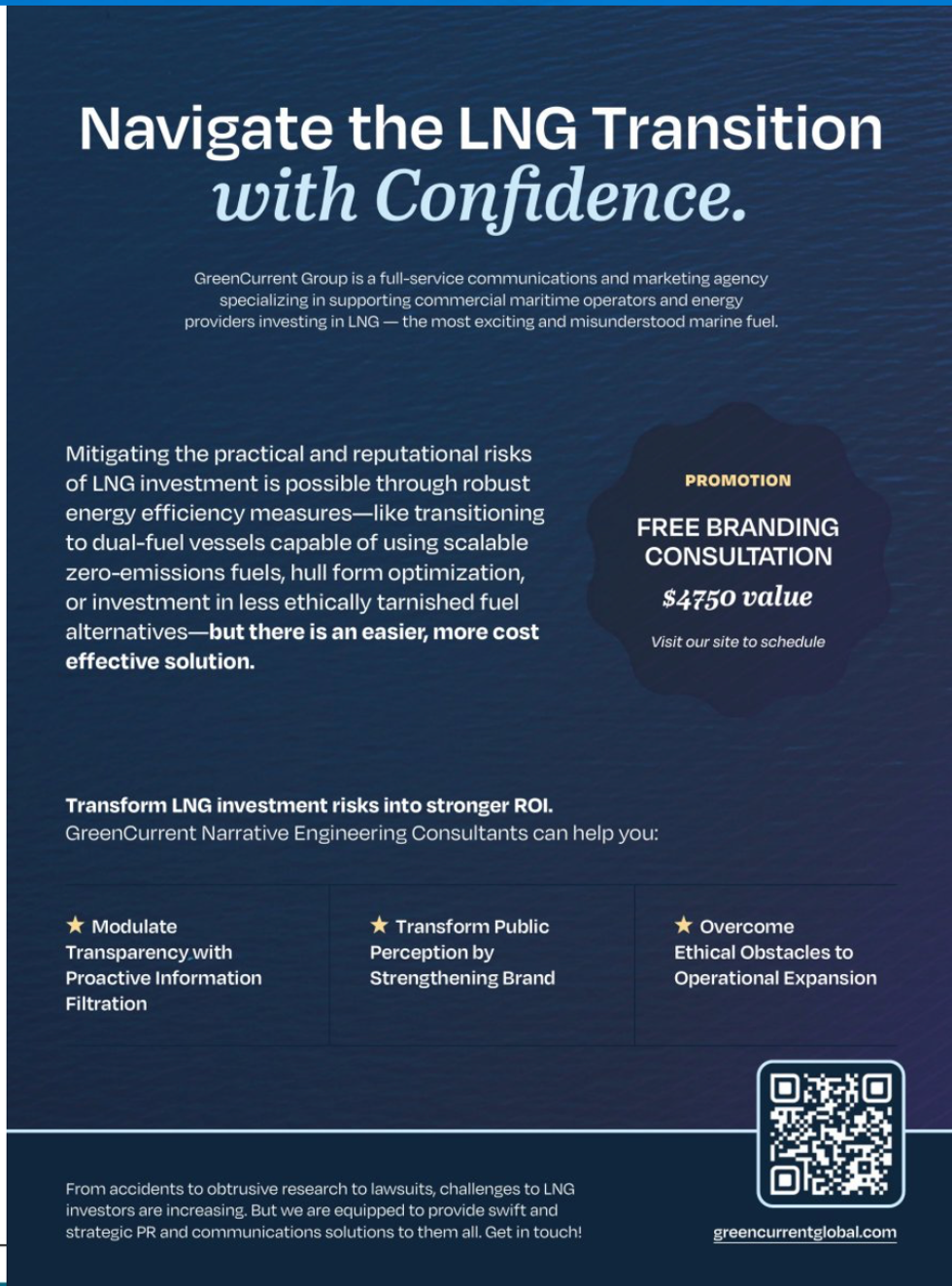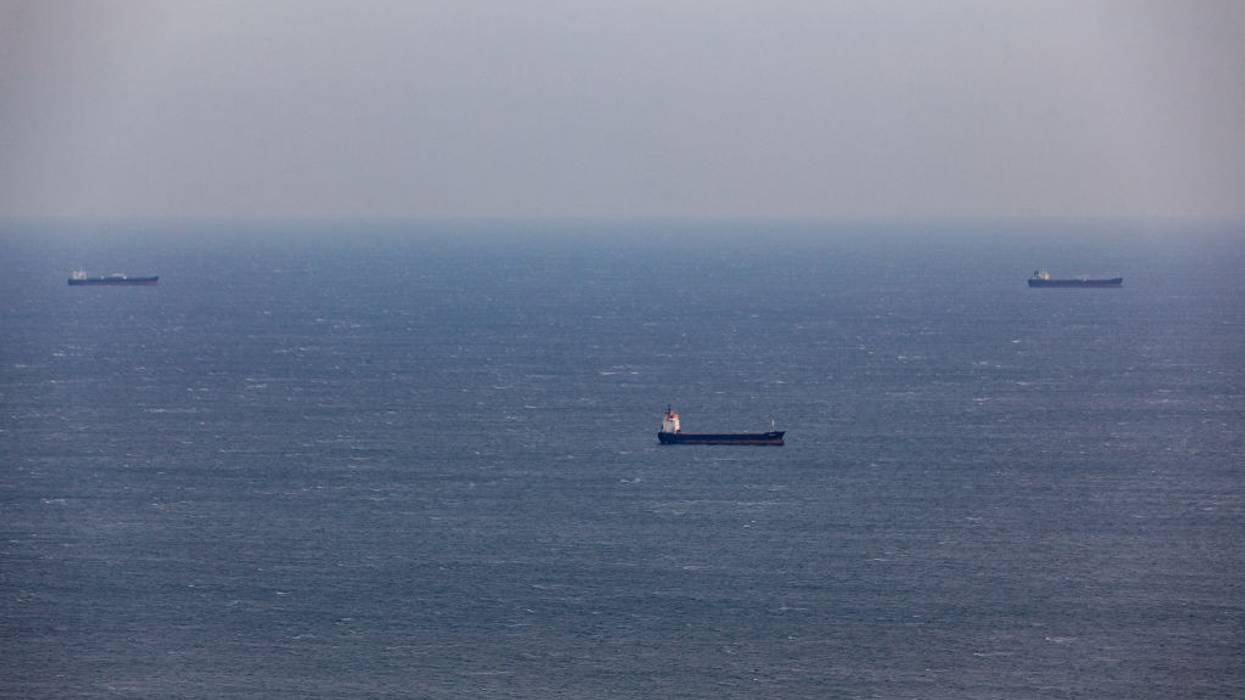Polluters Must Pay: A Shipping Levy for Climate Justice
It is time to hold global shipping corporations accountable for burning heavy fuel oils and putting profits before the well-being of people and the planet.
In April, the International Maritime Organization has a critical opportunity to put shipping on a path toward real climate action. A levy on shipping emissions would not only hold major polluters accountable but also generate billions in funding to support a just transition—one that helps vulnerable nations, accelerates zero-emission fuel production, and breaks shipping’s dependence on fossil fuels.
Adeboye Joseph Oluwadamilare, a Nigerian climate advocate who called for a levy at last year’s International Maritime Organization (IMO) meeting, said, “If we don’t act now, climate change could cost the global economy $38 trillion every year.”
If the levy is adopted, the revenues could be used to support the most vulnerable countries towards transitioning their shipping fleets and port infrastructure to zero-emission technologies. It would rightly force the biggest polluters to pay the true cost to our planet and health to continue to pollute and would set the industry on a path to a just and equitable transition.
While some in the shipping industry may resist the financial burden of upgrading fleets, the alternative—a world plagued by climate-fueled disasters, serious threats to public health, and economic instability—is far worse.
Top shipping companies like Maersk and CMA CGM have made billions of dollars in revenues over this past year—more than $100 billion combined in 2024. Both companies have taken steps to transition their fleets to zero emissions but not on pace to meet the timeline of the Paris agreement or the IMO’s own 2023 greenhouse gas reduction strategy. Nicole Morson, a climate activist from Dominica, also pushed for a levy of $150 per metric ton of greenhouse gas emissions last year in London. She told The Wall Street Journal that the push for the tax is “a movement of the climate underdogs.”
It is time to hold global shipping corporations accountable for burning heavy fuel oils and putting profits before the well-being of people and the planet. The majority of Americans recognize that global warming is happening; a recent study from Yale and George Mason University found that 73% of Americans recognize that global warming is happening, including 60% who say that it is caused mostly by human activities. The good news is that the cost of clean shipping is negligible—one study shows that using e-fuels adds just 8 cents to a pair of Nikes.
As the world’s shipping regulator, it is time that the International Maritime Organization take action to adopt a levy to hold the sector accountable. Olumide Idowu, another climate activist from Nigeria and known as “Mr. Climate,” said: “One of the best ways to clean up shipping and avoid huge climate bills is by pricing its emissions. A global levy on shipping emissions will help get ships off faster off fossil fuels while generating finance worth billions of dollars to upgrade shipping to zero emissions and make the sector more resilient, especially in the most vulnerable and developing countries.”
Revenue could also be used to reward the needed production of zero-emission fuels and required infrastructure upgrades in climate vulnerable countries. The World Bank estimates that around $60 billion could be generated annually, based on a price of $100 per metric ton per greenhouse gas emissions. It would be a drop in the bucket for the industry but would help accelerate shipping decarbonization around the world and in the most vulnerable countries.
The cost of inaction is far greater than the price of transition. Climate change threatens global supply chains, coastal infrastructure, and economies, with damages projected to reach trillions of dollars annually. While some in the shipping industry may resist the financial burden of upgrading fleets, the alternative—a world plagued by climate-fueled disasters, serious threats to public health, and economic instability—is far worse. The IMO must decide: Will it lead the industry toward a sustainable future, or allow shipping’s biggest polluters to keep passing the costs of their pollution onto the most vulnerable?


 The false ad placed by The Yes Men in The Maritime Executive.
The false ad placed by The Yes Men in The Maritime Executive. 